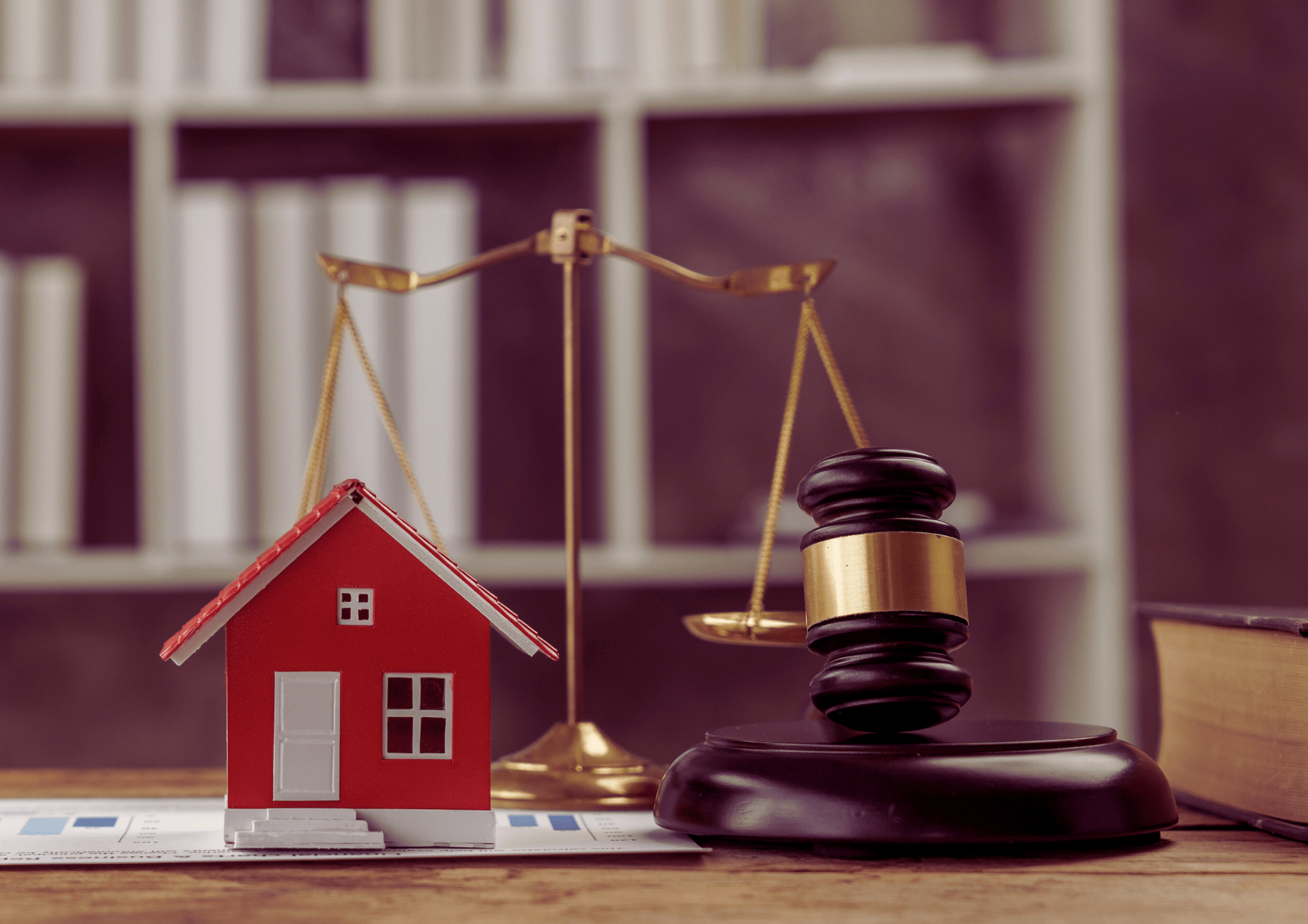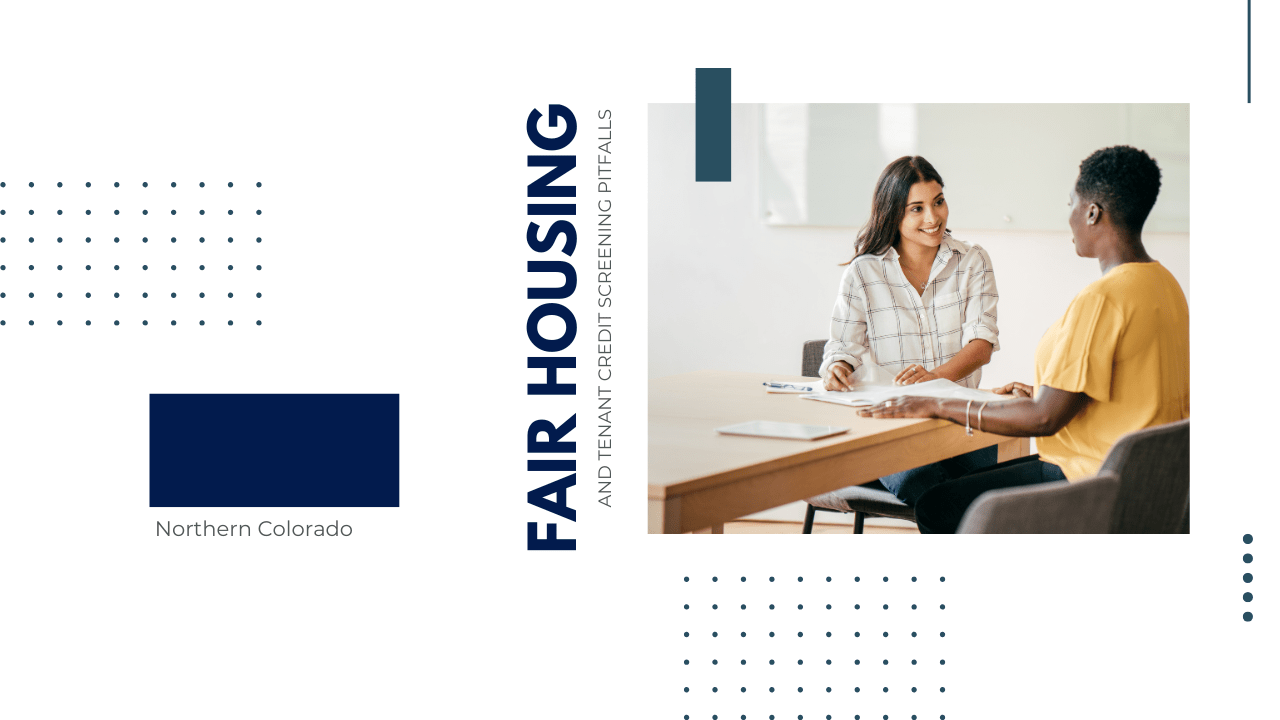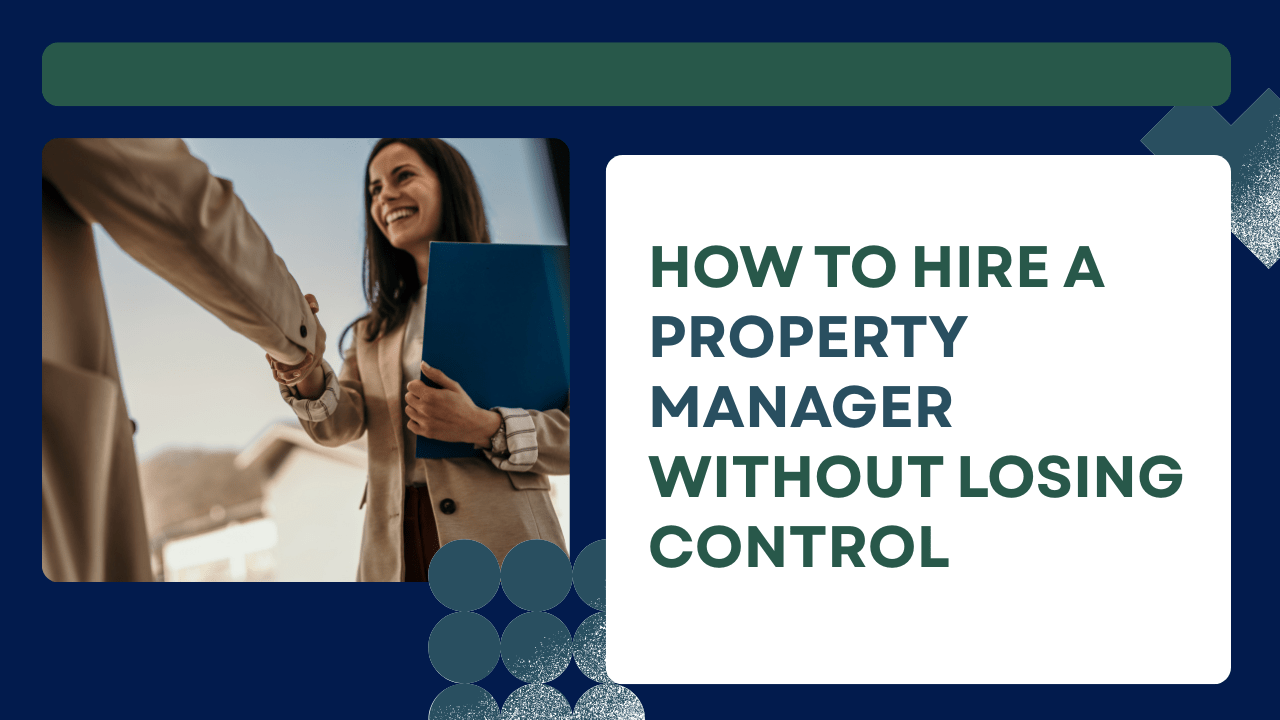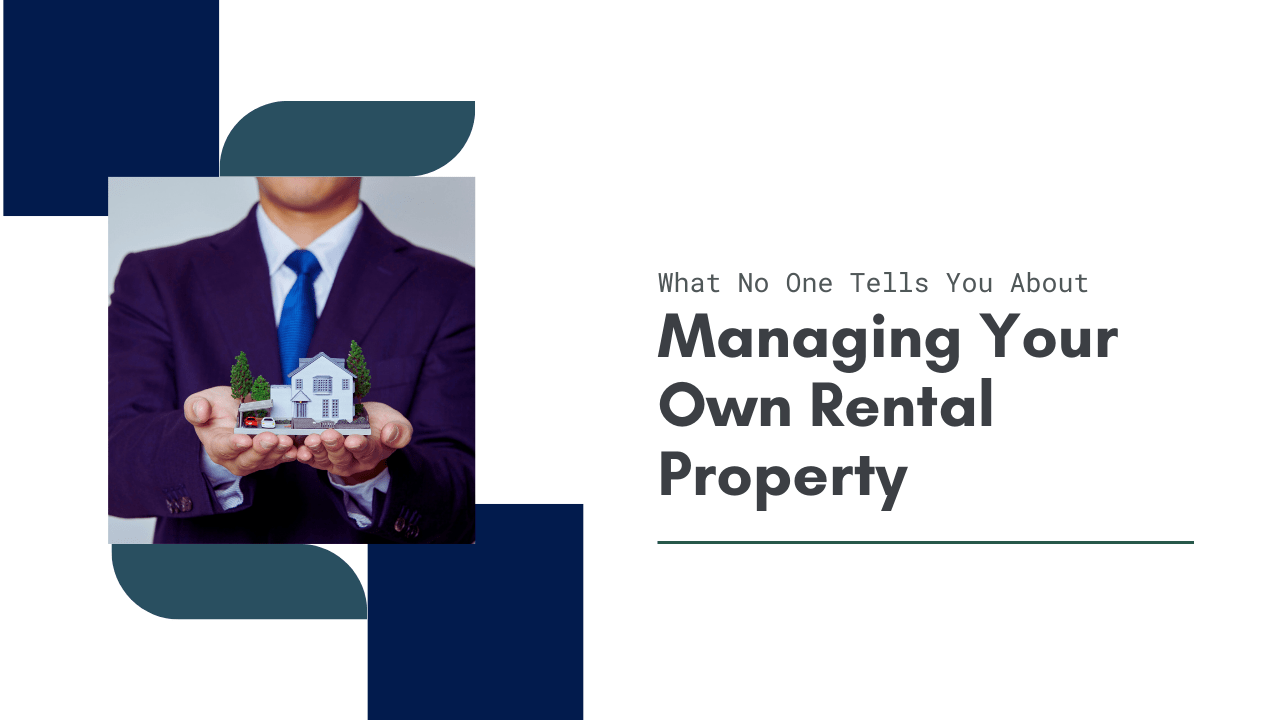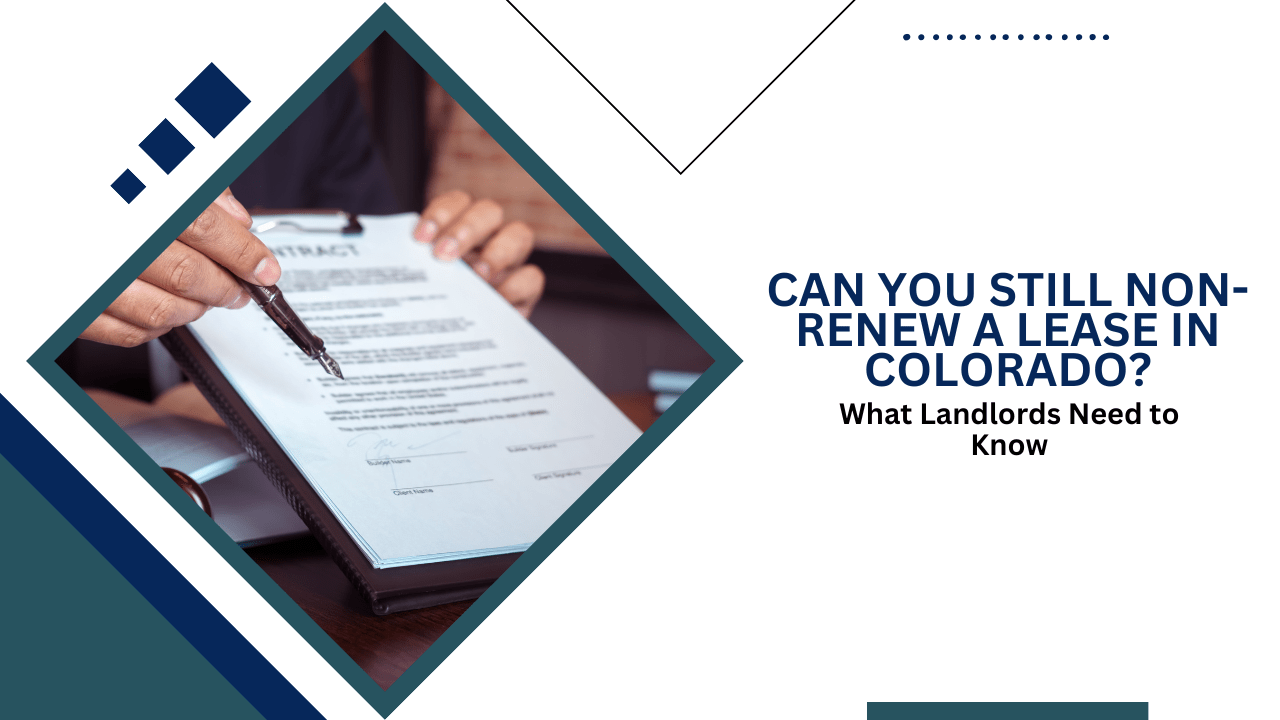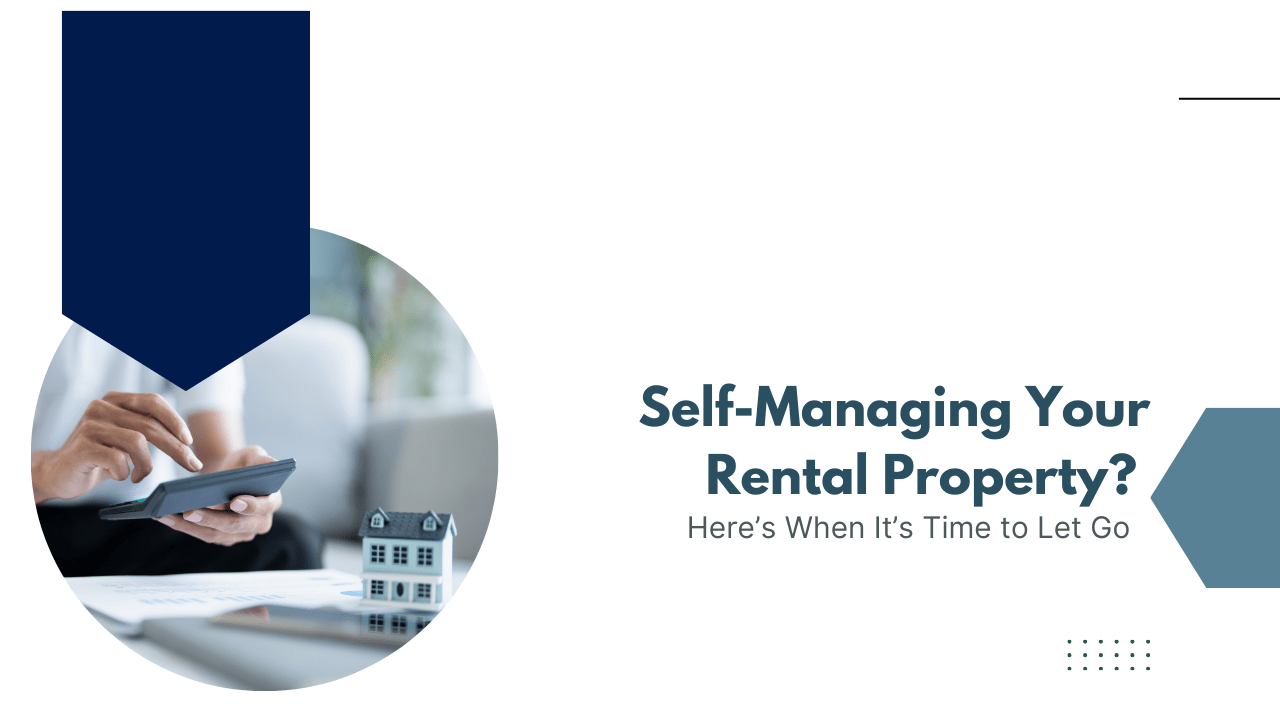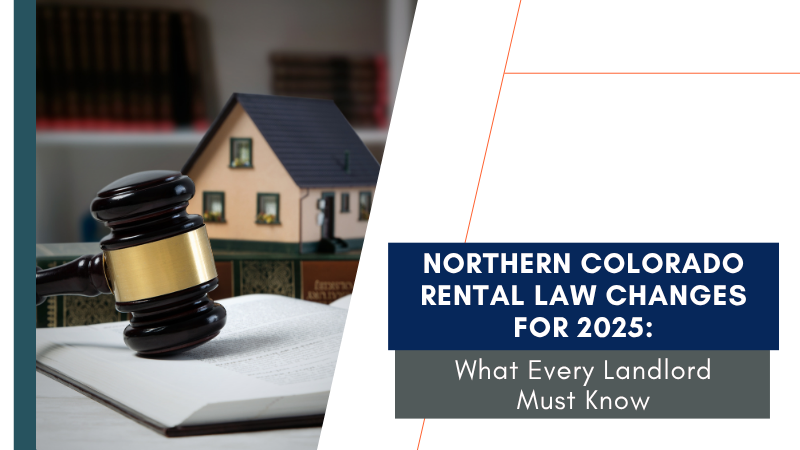That post gives an overview of all major law updates affecting landlords in 2025, including the
HB 25‑1249 Security Deposit Reform.
This support blog dives deeper into what that bill means for landlords — what you can and can’t deduct, how “normal wear and tear” is being redefined, and what documentation you’ll need to stay compliant moving into 2026.
Why Security Deposit Laws Matter More Than Ever
Security deposits used to be fairly simple: keep what’s needed, return what’s fair.
But starting
January 1, 2026,
Colorado House Bill 25‑1249 introduces much tighter rules for how landlords handle deposits, documentation, and deductions.
These updates are meant to protect tenants from unfair or arbitrary charges — but they also increase the compliance burden on landlords.
If you’re a
self‑managing landlord, ignoring these changes could result in disputes, fines, or even
triple damages for “bad‑faith” withholding.
📘 Source:Colorado House Bill 25‑1249(Enrolled)
Allowed Security Deposit Deductions in Colorado (2025 → 2026)
Under both the current law (C.R.S. 38‑12‑103) and the new
HB 25‑1249, landlords can still deduct from a tenant’s security deposit in very specific situations:
- Unpaid rent or utilities
- Damage beyond normal wear and tear
- Cleaning — only if the unit is left
significantly dirtier than at move‑in
- Carpet or paint repair — only when there is
substantial, irreparable damage
If you charge a tenant for carpet replacement, the carpet must be
less than 10 years old and the damage
cannot have existed prior to their tenancy.
Even then, you may deduct
only the cost to repair the specific area damaged —
not full replacement.
Prohibited Deductions Under HB 25‑1249
Starting in 2026, several once‑common security deposit deductions will be explicitly off‑limits:
- Routine cleaning when the home is in “reasonably clean” condition
- Touch‑up painting for ordinary scuffs or nail holes
- Automatic carpet cleaning fees
- Deductions without supporting documentation (receipts, photos, or invoices)
- Charging for issues that existed before move‑in
The bill’s updated definition of
“normal wear and tear” expands protections for tenants. According to HB 25‑1249 § 4:
“Normal wear and tear means deterioration, damage, or uncleanliness that occurs … based upon the intended use of the rental unit, without negligence, carelessness, accident, or abuse.…
‘Normal wear and tear’ does not include uncleanliness that renders a dwelling unit substantially less clean than it was when the lease began.”
— HB 25‑1249, Section 4
In plain English: unless the tenant left the property
noticeably worse than its original condition, you can’t withhold money for cleanup.
Pre‑Move‑Out Inspections Are Now Required (If Requested)
Under HB 25‑1249, tenants have the
right to request a pre‑move‑out inspection after they’ve had a chance to remove their furniture.
If they do, the landlord must:
- Conduct the inspection before the lease ends
- Provide a written list of issues that could lead to deductions
- Give the tenant an opportunity to fix those issues before move‑out
Skipping this process could invalidate any later deductions — even legitimate ones.
Documentation Protects Property Owner Rights
To protect your right to withhold part of a deposit, landlords should keep meticulous records:
- Move‑in & move‑out inspection reports signed by tenants
- Timestamped photos showing the before‑and‑after condition
- Invoices or receipts for every repair or cleaning deduction
- Written communication proving the tenant was informed
At
Stegner Property Management, our
Northern Colorado property managers has systems in place for all of this.
Every inspection, invoice, and notice is documented and stored, so our clients remain protected and compliant.
Penalties for “Bad‑Faith” Withholding
HB 25‑1249 adds teeth to existing penalty provisions.
If a landlord:
- Fails to return a deposit on time
- Over‑withholds by more than 125% of actual damages, or
- Fails to document deductions properly
…it may be considered
bad faith. Courts can award the tenant up to
three times the wrongfully withheld amount,
plus legal fees.
That’s why transparent documentation and fast response times matter — not just for tenant satisfaction, but for
legal protection.
How Professional Property Managers Handle Security Deposits
At
Stegner Property Management, we’ve already updated our processes to reflect these upcoming changes:
- Our leases now include HB 25‑1249‑compliant language
- We document every inspection with timestamped photos
- We issue detailed, itemized move‑out statements within the legal deadline
- We maintain clear communication with both tenants and property owners
This proactive approach helps our clients avoid disputes — and keeps their rental investments legally protected.
If you’re self‑managing your property and feeling overwhelmed by all these new rules,
you’re not alone.
Stegner Property Management helps many Fort Collins and Northern Colorado landlords and investors make the smooth transition to professional management.
What to Read Next
Need Help Staying Compliant with Colorado Rental Laws?


